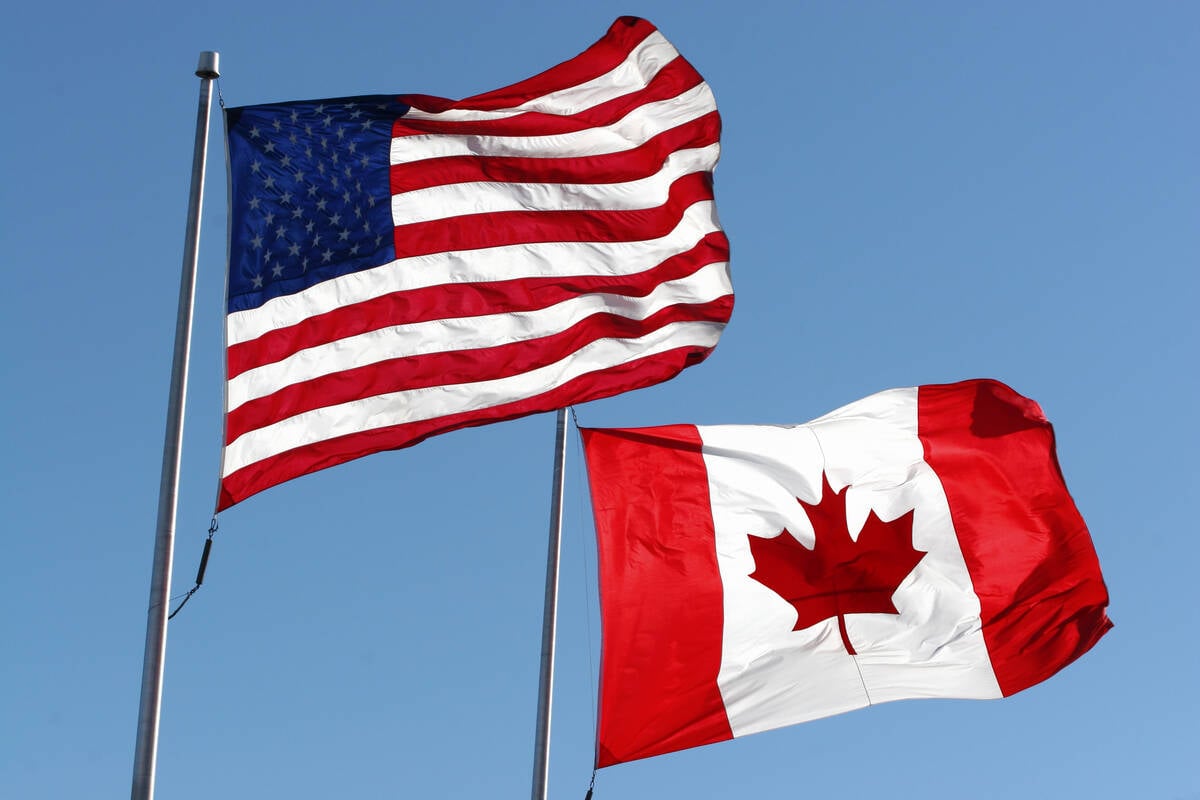RED DEER – Calgary was caught off guard a few years ago when an energy company proposed drilling six sour gas wells on the city’s southeastern outskirts.
Rick McIver, the alderman who represents that part of Calgary, said the city eventually sought the help of the Sundre Petroleum Operators Group for advice as it struggled to gain standing at hearings and learn more about the implications of these wells butting up against an urban development of 250,000 people.
“We badly needed the help of our smaller neighbours,” McIver told the Alberta Synergy conference held in Red Deer Oct. 31.
Read Also

Trump cuts off trade talks with Canada
UPDATED: October 24, 2025 – 0910 CST – Adds comments from Prime Minister Mark Carney. Reuters — U.S. President Donald…
“They were way better prepared to engage the industry and the regulator to find positive solutions … than we were.”
The result was the Alberta Energy and Utility Board’s largest sour gas development hearing in history, which resulted in 8,000 pages of testimony. The application was eventually turned down at the end of 2005 because the company did not meet the deadline for an emergency response plan.
The city learned hard lessons about a sector it had not been engaged with before.
“Our municipality is still very unprepared for future development conflicts,” McIver said. “We are now at least on the road to recovery.”
Calgary eventually joined a local synergy group to learn how to develop plans when working with these proposals because potential oil and gas developments ring the city.
It has also agreed to pay for emergency response training for first responders, but no firm policy has been written to deal with future projects. McIver favours extracting the resources now before the city spreads much further.
“Let’s get this stuff out of the ground on the perimeter of urban areas now. There is just going to be one heck of a fight for 20 years.”
Synergy groups, which are formed by landowners and energy companies as a way to find acceptable solutions, are a growing movement in Alberta.
As the province’s economy continues to grow, these groups could be invited to help form larger resource and land management policies and advise government.
However, Synergy Alberta board member Dave Savage says local synergy groups should not have to shoulder the entire burden, even though they can offer a wide range of opinion on local issues.
Volunteers run these groups, which are often formed because of a crisis in a community.
“You need to be there before there is a crisis,” said Savage, who is vice-president of Sebring Energy.
Synergy Alberta was formed by the Alberta Energy and Utilities Board, the Canadian Association of Petroleum Producers, Small Explorers and Producers Association of Canada, Canadian Association of Petroleum Landmen and members of the public.
It has become an umbrella organization for about 60 local groups and within the last year formed a provincial board representing landowners, energy companies, First Nations and other community members. It has just agreed to add an urban member to the board because proposed developments may also affect cities and towns.
The groups range from a handful of people sitting around a kitchen table to well organized groups meeting regularly.
The provincial organization’s main job is to offer a variety of ideas for local groups to make decisions.
Earlier this year the Institute of Public Administration of Canada awarded the EUB for its innovative managerial initiatives while helping develop Synergy Alberta. The institute is considering entering the Synergy Group to the United Nations as a model of how to do business better.















